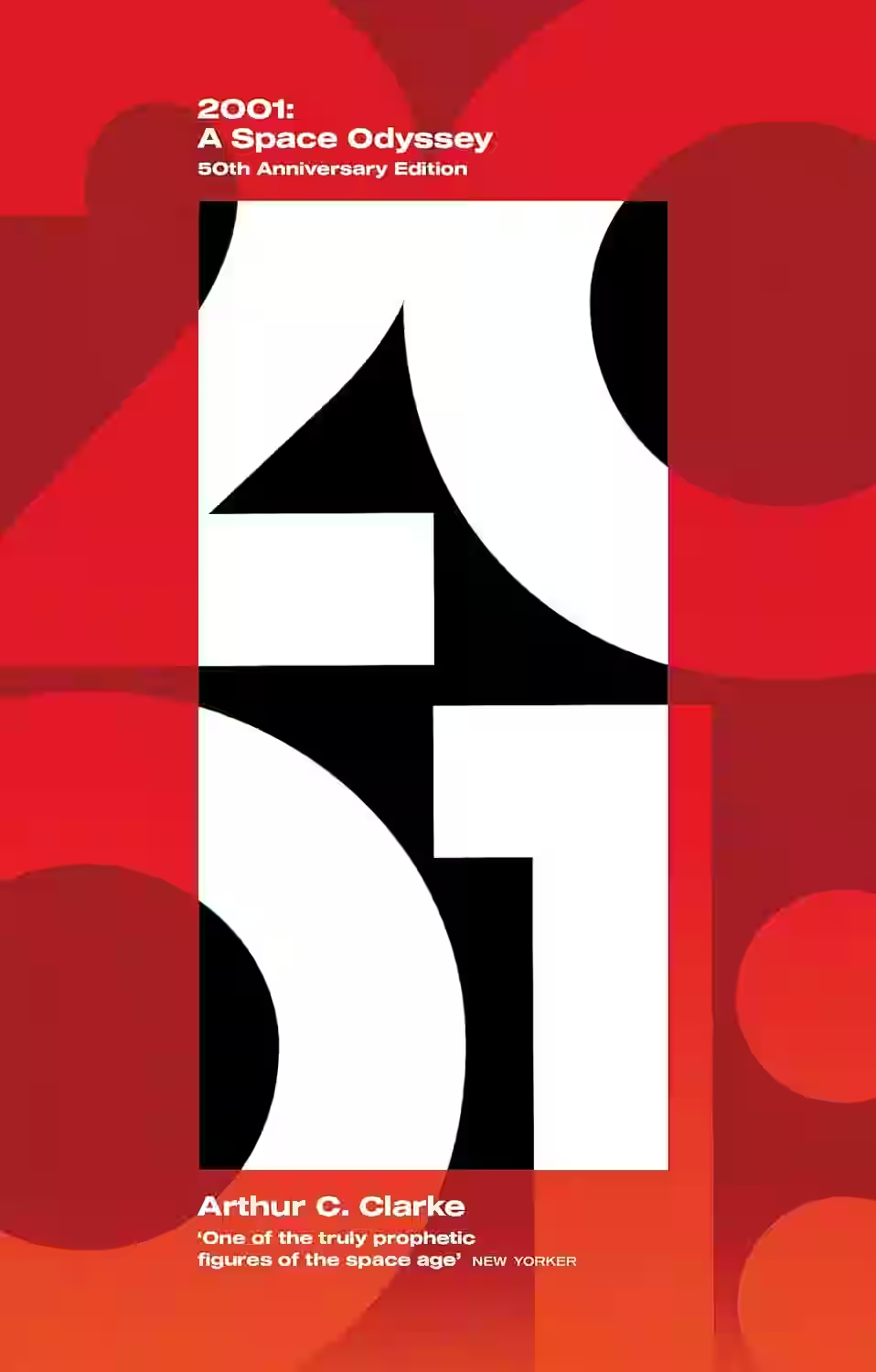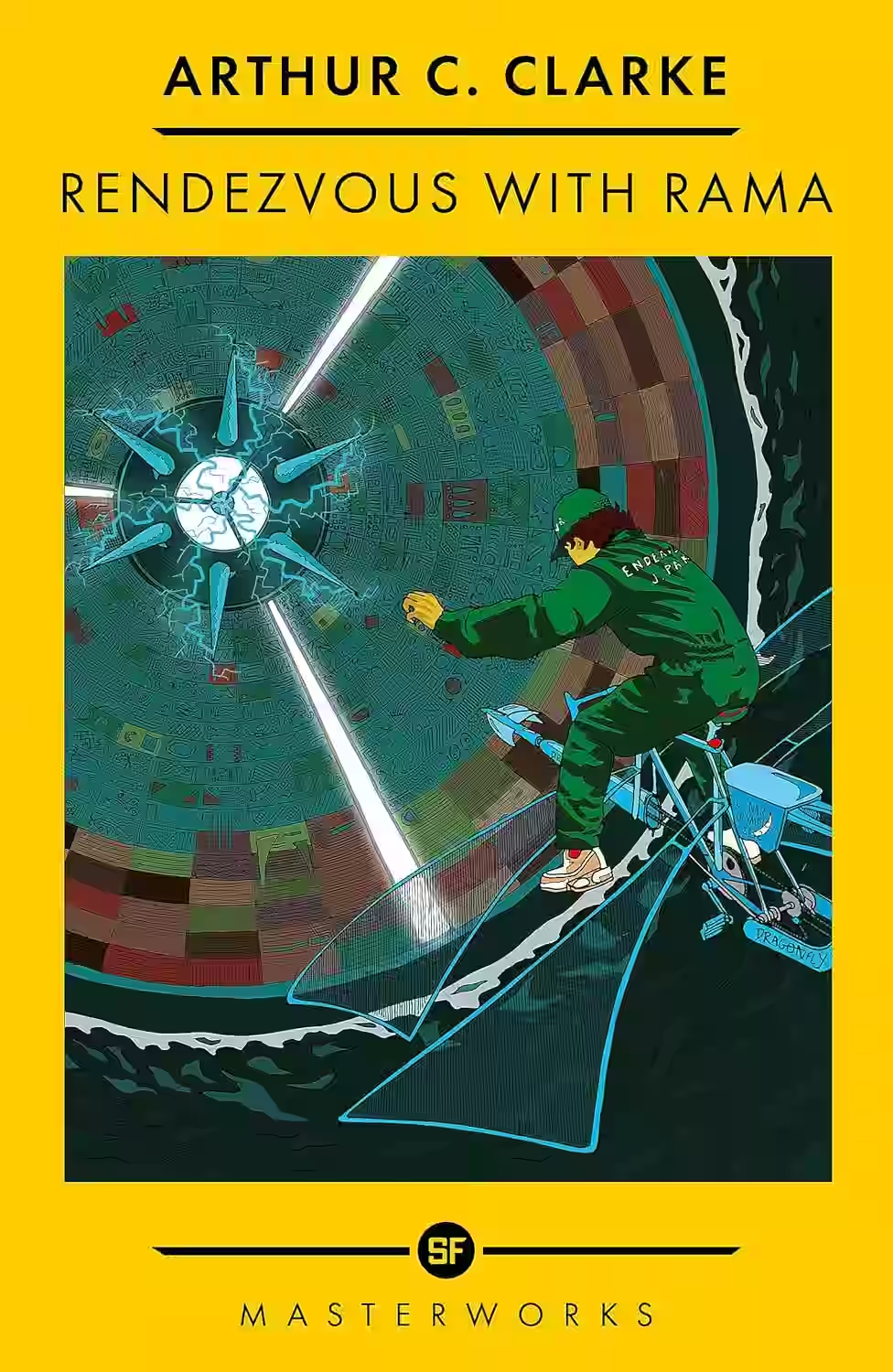Arthur C. Clarke
Arthur C. Clarke (1917-2008) was a British science fiction writer, futurist, and inventor. Best known for his groundbreaking novel '2001: A Space Odyssey', Clarke's visionary works explored the possibilities of space exploration, artificial intelligence, and extraterrestrial life. His collaboration with Stanley Kubrick on the film adaptation of '2001: A Space Odyssey' solidified his reputation as a key figure in the genre. Clarke's writing style seamlessly blended scientific accuracy with speculative fiction, earning him numerous awards including Hugo and Nebula Awards. His contributions to literature continue to inspire generations of readers and writers, cementing his legacy as a pioneer of science fiction.

Arthur C. Clarke's '2001: A Space Odyssey' is a groundbreaking science fiction masterpiece that explores themes of evolution, technology, and the existence of extraterrestrial life. The novel follows the journey of a crew on a space mission to investigate a mysterious, alien monolith that may hold the key to humanity's place in the universe. As they traverse the vast reaches of space, encountering the enigmatic computer HAL 9000, the crew grapples with questions of identity, consciousness, and the nature of intelligence. Clarke's visionary storytelling and scientific accuracy have cemented this novel as a classic of the genre, inspiring generations of readers and influencing countless works of science fiction.

Arthur C. Clarke's 'Rendezvous with Rama' is a spellbinding work of science fiction that propels readers into the awe-inspiring unknown. Set in the 22nd century, humanity is stunned when a mysterious cylindrical alien ship, dubbed 'Rama,' enters the Solar System. The story follows a group of explorers aboard the spaceship Endeavour as they attempt to uncover the secrets of this enigmatic visitor. Clarke masterfully blends hard science fiction with philosophical undertones, pondering the nature of intelligence and humanity’s place in the universe. The novel's pace and structured exploration create an atmosphere of eerie wonder, leaving readers questioning the possibilities of extraterrestrial life. Its visionary and thought-provoking narrative has cemented Clarke's reputation as a titan of the genre, inspiring curiosity and reflection long after the last page is turned.